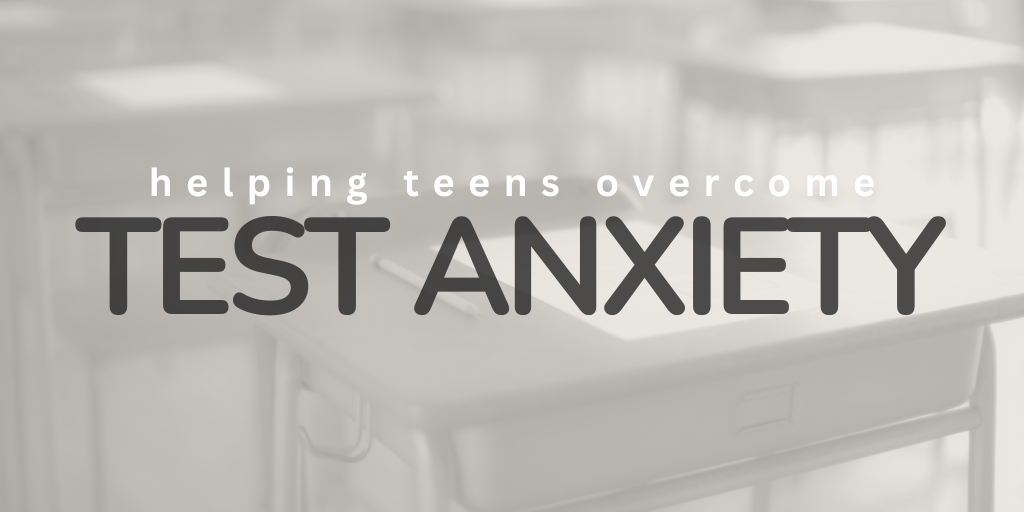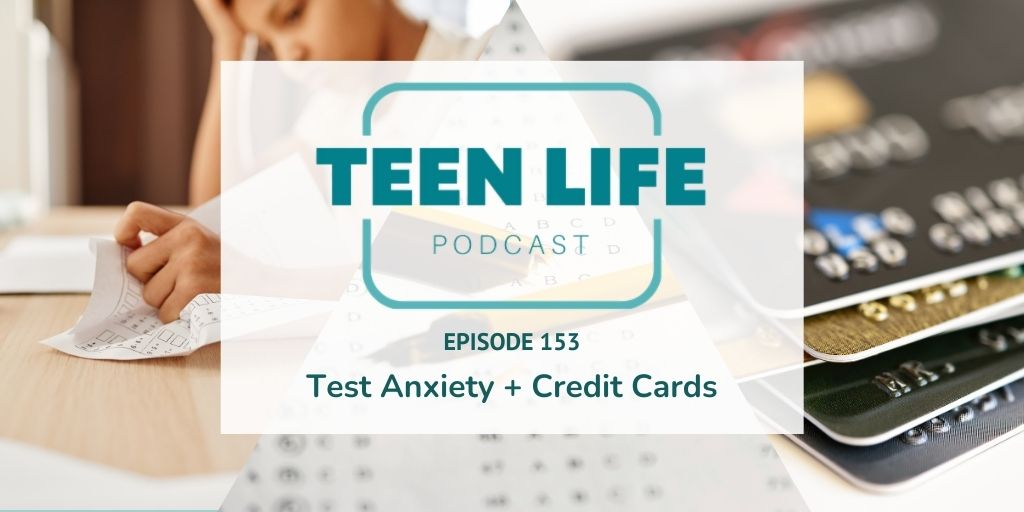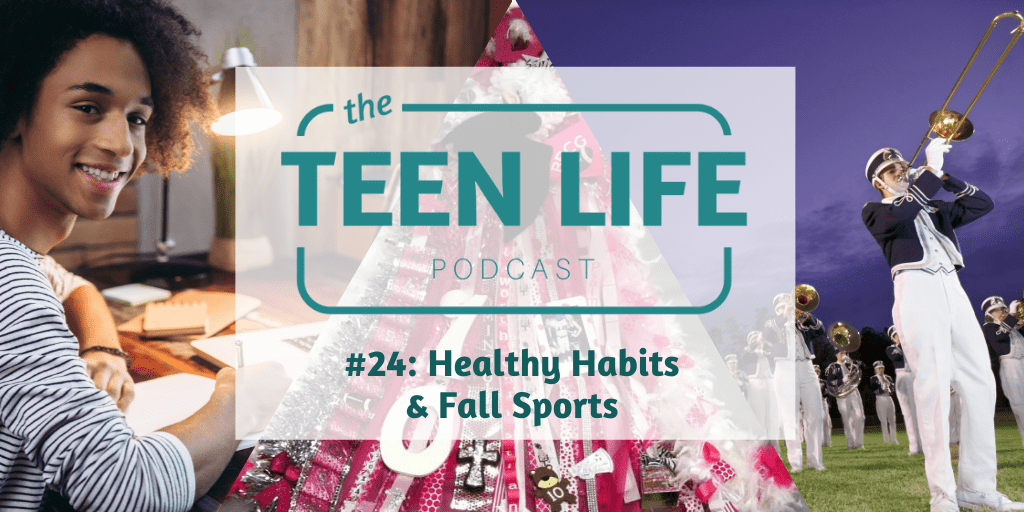Practical Strategies for Overcoming Text Anxiety
When the pressure to perform meets fear of failure, even well-prepared students can struggle.
And, hey, we get it, don’t we? Even adults suffer from imposter syndrome and fear of failure!
As caring adults, we want to do our best to guide teens through their fears and into healthy coping mechanisms that will pay off now during testing and later in life.
Recognizing the Signs of Test Anxiety
You might notice they become unusually nervous, irritable, or even shut down completely when a test is coming up. Some teens talk about feeling “blank” during exams, while others complain of headaches, stomachaches, or trouble sleeping the night before. They might over-prepare in a panic or avoid studying altogether because it feels overwhelming. If a typically capable teen suddenly struggles with tests or dreads them more than usual, it could be a sign they’re dealing with test anxiety—not a lack of ability.
Being aware of these cues can help adults offer support and encouragement when it’s needed most.
Strategies to Help Teenagers Manage Test Anxiety
Understand the Root Causes
Test anxiety often stems from perfectionism, fear of disappointing others, or previous negative testing experiences. Many teens worry about how test results might affect their future opportunities. Recognizing these underlying concerns is the first step toward addressing them.
Create Effective Study Habits
Anxiety thrives when students feel unprepared. Help teens develop structured study routines that break material into manageable sections. The “pomodoro technique” – studying in focused 25-minute blocks with short breaks – can prevent burnout while maintaining productivity. Starting preparation well in advance reduces last-minute panic and builds confidence.
Teach Stress Management Techniques
Simple relaxation methods can make a significant difference during stressful moments:
- Deep breathing exercises calm the nervous system when anxiety strikes. Teens can practice inhaling slowly for four counts, holding briefly, then exhaling for six counts.
- Progressive muscle relaxation helps release physical tension by systematically tightening and releasing muscle groups throughout the body.
- Visualization techniques, where students imagine successfully completing the test with calm confidence, can reframe their mindset.
Promote Healthy Lifestyle Habits
Physical well-being directly affects mental performance.
Encourage teens to prioritize:
- Sleep – Adequate rest improves memory, focus, and emotional regulation. Aim for 8-10 hours nightly, especially before exams.
- Nutrition – Brain-boosting foods like nuts, berries, and complex carbohydrates provide sustained energy. Limiting caffeine and sugar prevents energy crashes.
- Exercise – Regular physical activity reduces stress hormones while increasing endorphins and improving cognitive function.
Reframe Negative Thinking
Help teens identify and challenge catastrophic thoughts.
When they catch themselves thinking “If I fail this test, my future is ruined,” guide them to more balanced perspectives like “This test is important, but it’s just one measurement of my knowledge.”
Teaching teens to replace negative self-talk with positive affirmations builds resilience. Simple statements like “I’ve prepared well” or “I can handle this challenge” can shift their mindset.
Create Test Taking Strategies
Practical approaches to the test itself can reduce anxiety while testing:
- Survey the entire test before starting to understand its structure and allocate time appropriately.
- Answer easier questions first to build confidence and momentum.
- Use relaxation techniques if anxiety spikes during the test; taking several deep breaths can restore focus.
Maintain Perspective
Help teens understand that test scores don’t define their worth or determine their future.
Share examples of successful people who overcame academic challenges, and emphasize that multiple paths lead to success.
Know When to Seek Additional Help
If test anxiety persists despite these strategies, consider consulting with school counselors or mental health professionals. Some students benefit from more structured interventions or accommodations.

Tobin Hodges
Program Director
Tobin Hodges | Program Director
Tobin’s entire career has been centered around students and teens from all walks of life. He has a passion for helping teens be their best selves. As Program Director, he loves working directly with school staff and students through Teen Life Support Groups. Tobin has a Bachelor’s Degree in Music from Texas Tech University.



